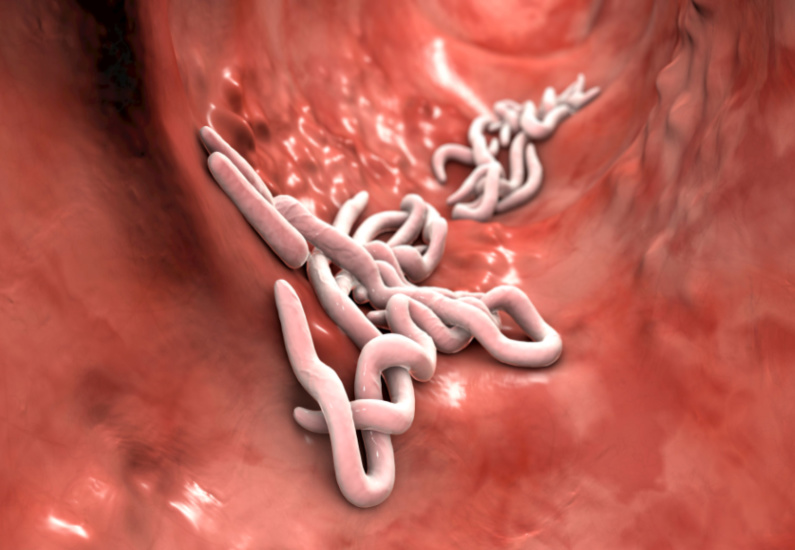Parasitic infection impacts the lives of millions of people worldwide, mainly in under-developed regions of our planet. Understanding parasitic infection and its effects on the human host constitutes a burning unmet need which may potentially lead to new preventive and treatment approaches. WIS scientists extensively explore deadly parasitic infection, such as Malaria, and explore their invasion techniques, cell communication and signaling pathways, and immune evasion modalities.

Parasites are considered a major cause of morbidity and mortality, mainly of children, elderly and immune suppressed individuals throughout the developed and developing world. The study of parasitic infection remains challenging and underexplored, but constitutes an important strategic need. WIS groups are studying various parasitic infections at the dish, animal model, and human setting. They strive to mechanistically understand the principles governing parasite colonization, communication with the host, coordinated activity and immune evasion. They aim to discover new rules of engagement orchestrating parasite-cell communications in optimizing survival within their hosts, while developing innovative anti-parasitic treatment.

